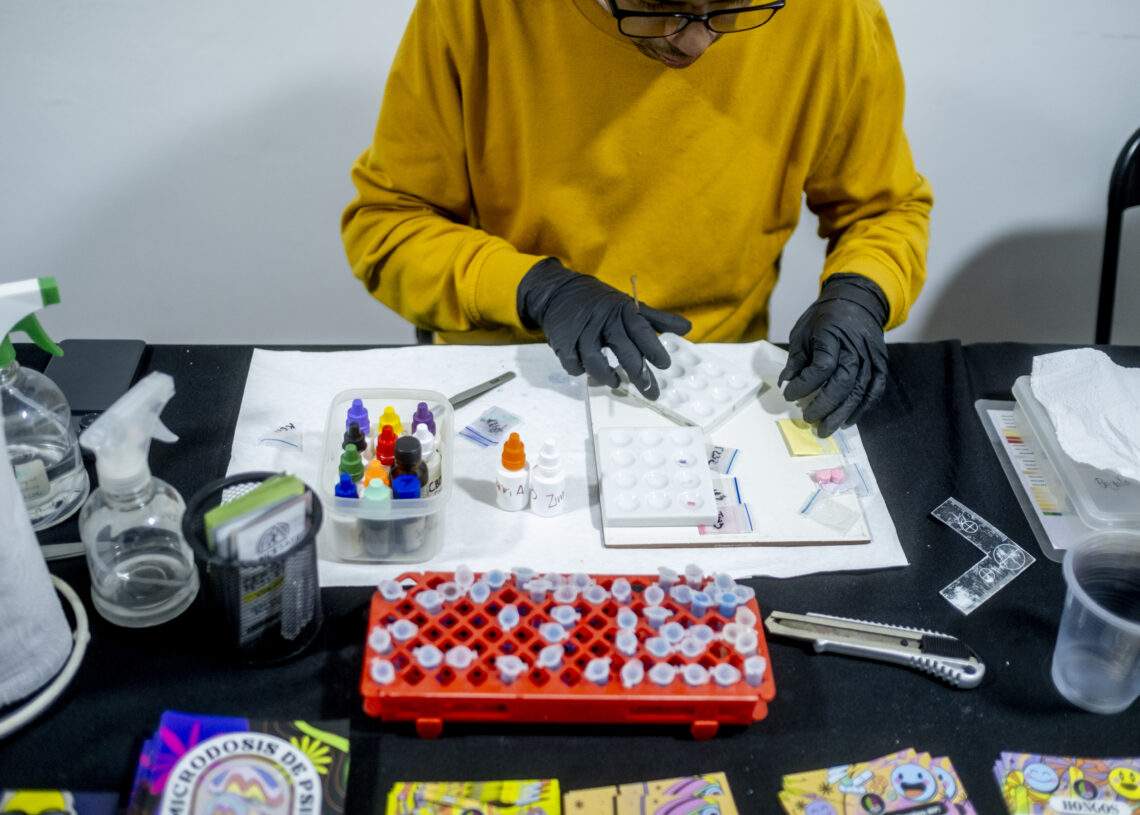The Government of Colombia, through the Ministry of Health and Social Protection, officially adopted the Comprehensive Policy for the Prevention, Risk and Harm Reduction, and Care of Psychoactive Substance Use 2025–2033, as well as the National System for the Care of Psychoactive Substance Use, through Resolution 2100 of 2025. The new policy consolidates a comprehensive approach based on scientific evidence, human rights and public health, and has the support and technical assistance of the European Union through the Cooperation Programme between Latin America, the Caribbean and the EU on Drugs (COPOLAD III). It should not be forgotten that comprehensiveness, harm reduction and a health-based approach are priorities in the European Drug Strategy.
Colombia’s policy marks a milestone in the region by fully incorporating risk and harm reduction as a central strategy. Harm reduction is a public health approach that seeks to reduce the negative physical and social consequences associated with behaviours such as drug use, without requiring abstinence. It focuses on policies and practices that reduce harm, such as the distribution of sterile injection equipment, the operation of controlled consumption rooms, and the provision of naloxone to reverse overdoses.
It also seeks to promote primary health care (PHC) and intersectoral coordination with community participation. In addition, it recognises the country’s territorial, cultural and social diversity, integrating gender, differential, intercultural and intersectional approaches into the prevention and treatment of psychoactive substance use.
The process of formulating and adopting the new policy was supported by COPOLAD III, the Ministries of Justice and Law, and the Ministry of Health of Colombia to consolidate this national harm reduction model with an operational roadmap that includes institutional diagnoses, a multisectoral governance mechanism that coordinates institutions and civil society, and three territorial harm reduction plans in the coffee-growing region (Armenia, Dosquebradas and Pereira).
Inter-institutional workshop
These policy instruments were validated at an intersectoral workshop held on 25 September with the participation of 65 representatives from government entities, cooperation agencies, academia and civil society, as well as authorities from the three priority cities. The policy instruments and the three local harm reduction plans were officially presented at a hybrid meeting on 25 November, which was attended by 35 representatives of the national and local governments.
“Colombia is consolidating its position as a regional benchmark in the development of people-centred drug policies. This step reflects a profound shift towards approaches based on public health, scientific evidence and respect for human rights, which are fundamental principles of EU drug policy,” said Borja Díaz, director of COPOLAD III.
The objectives of the new policy include early detection, comprehensive treatment and recovery for people with problematic consumption; reduction of the risks and harms associated with consumption; social inclusion and protection for people who use drugs; and transformation of the stigma and discrimination they face. The proposed National Care System will integrate psychoactive substance use care services into the National Mental Health Network and promote the active participation of communities in the implementation of local actions. This system will be adopted through a decree-law that is currently being drafted and involves various ministries.






